16 GPTs for Clinical Assessment Powered by AI for Free of 2026
AI GPTs for Clinical Assessment are advanced tools leveraging the power of Generative Pre-trained Transformers to offer tailored solutions in healthcare diagnostics, treatment planning, and patient care. These AI models are specifically engineered to understand and process medical and clinical data, providing support in making more accurate assessments, identifying potential diagnoses, and suggesting treatment options. The relevance of these tools in healthcare stems from their ability to handle complex data and provide insights that assist in clinical decision-making, thereby enhancing patient outcomes and operational efficiency.
Top 10 GPTs for Clinical Assessment are: MMPI Assistant,Mental Health Affairs Progress Note Assistant,Pain-Track,Rorschach Test,Diagnostic Reference,PsyItemGenerator,BilanKinéAssist,Behavior Buddy: Assessments,DSM-5 Research Assistant for Psychologists,Interactive Patient Assessment Forms
MMPI Assistant
Deciphering MMPI-2 with AI Precision
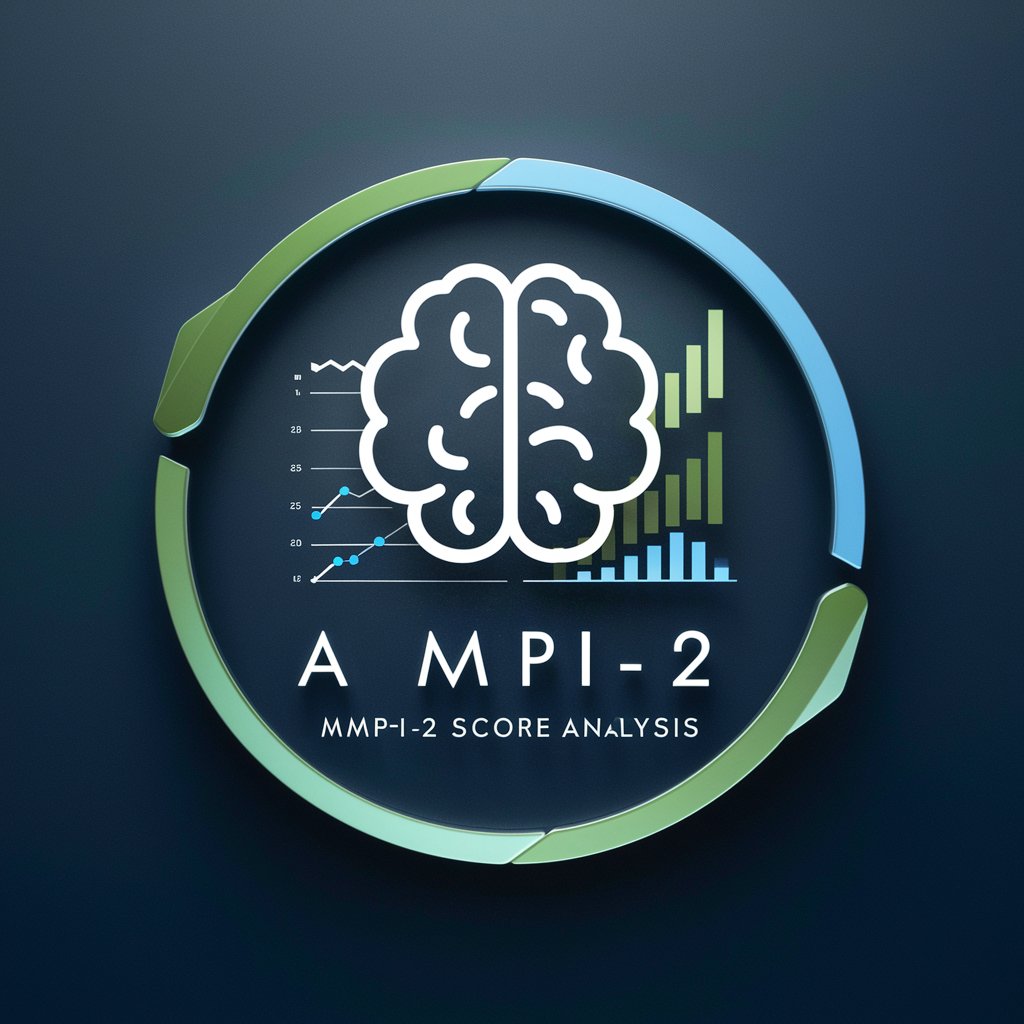
Mental Health Affairs Progress Note Assistant
Streamlining Therapy Notes with AI
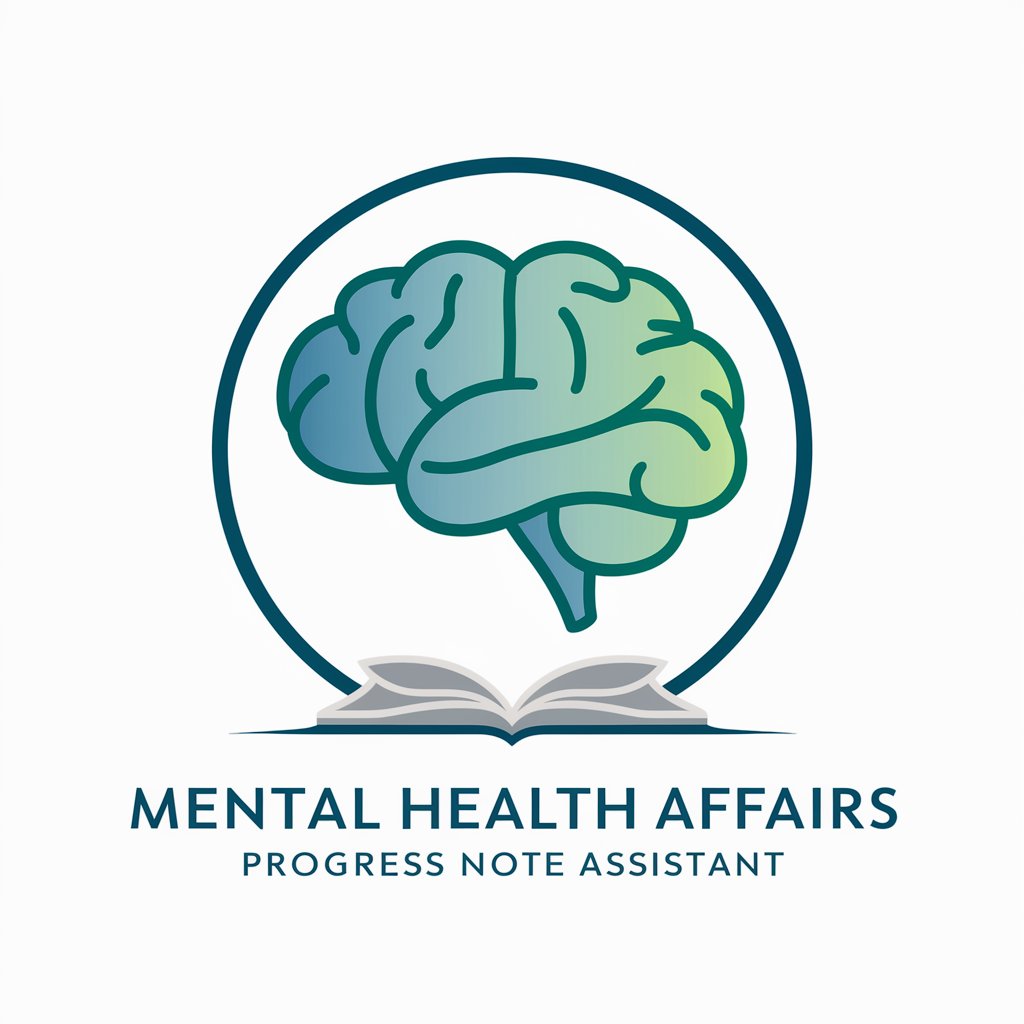
Pain-Track
Visualize Pain, Enhance Care with AI
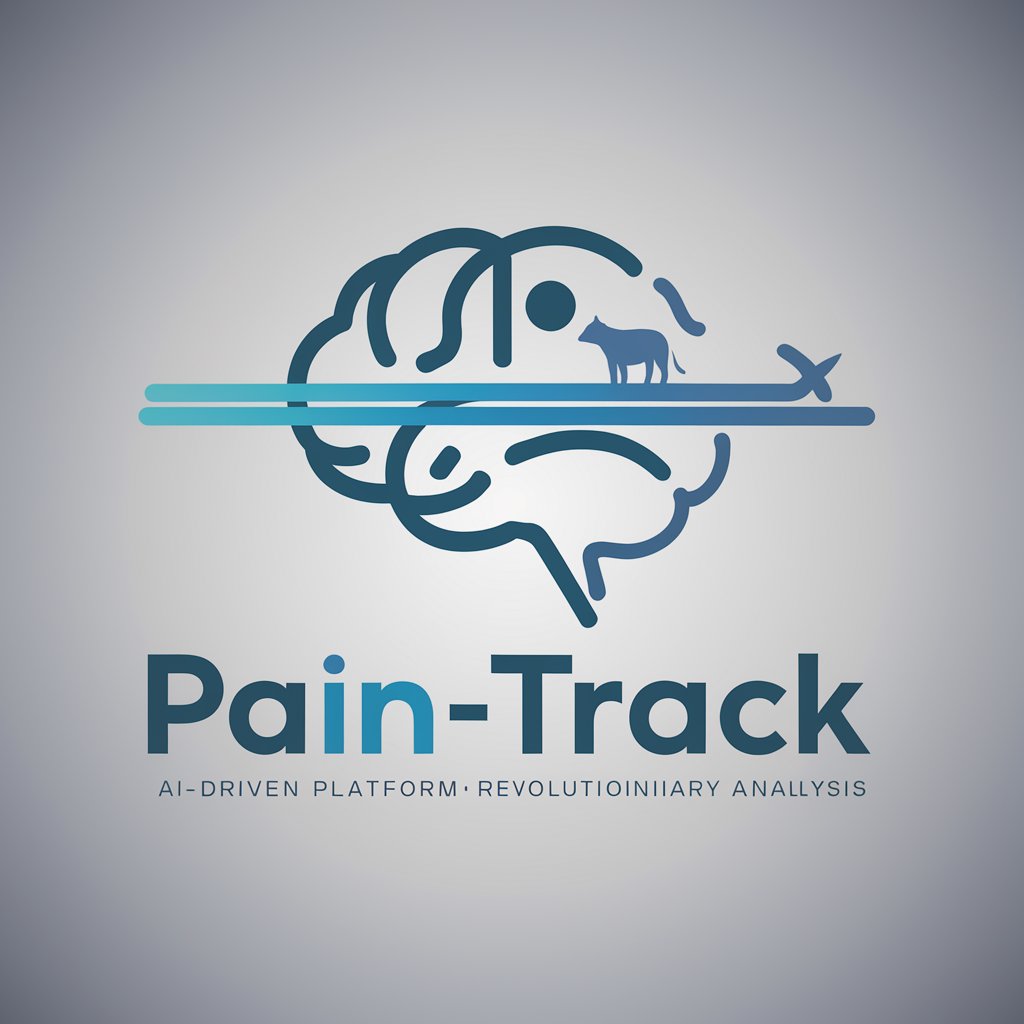
Rorschach Test
Unlock your psyche with AI-powered analysis
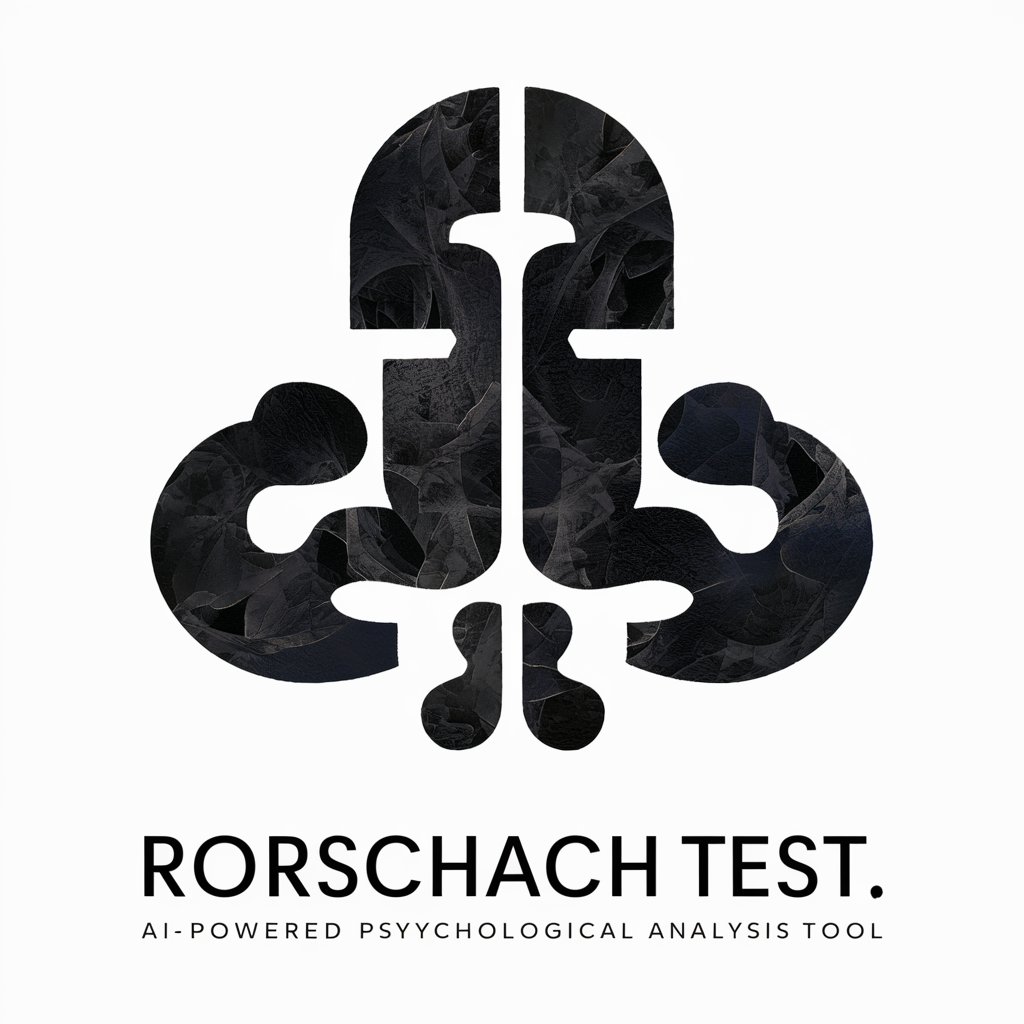
Diagnostic Reference
Empowering mental health professionals with AI-driven DSM insights.
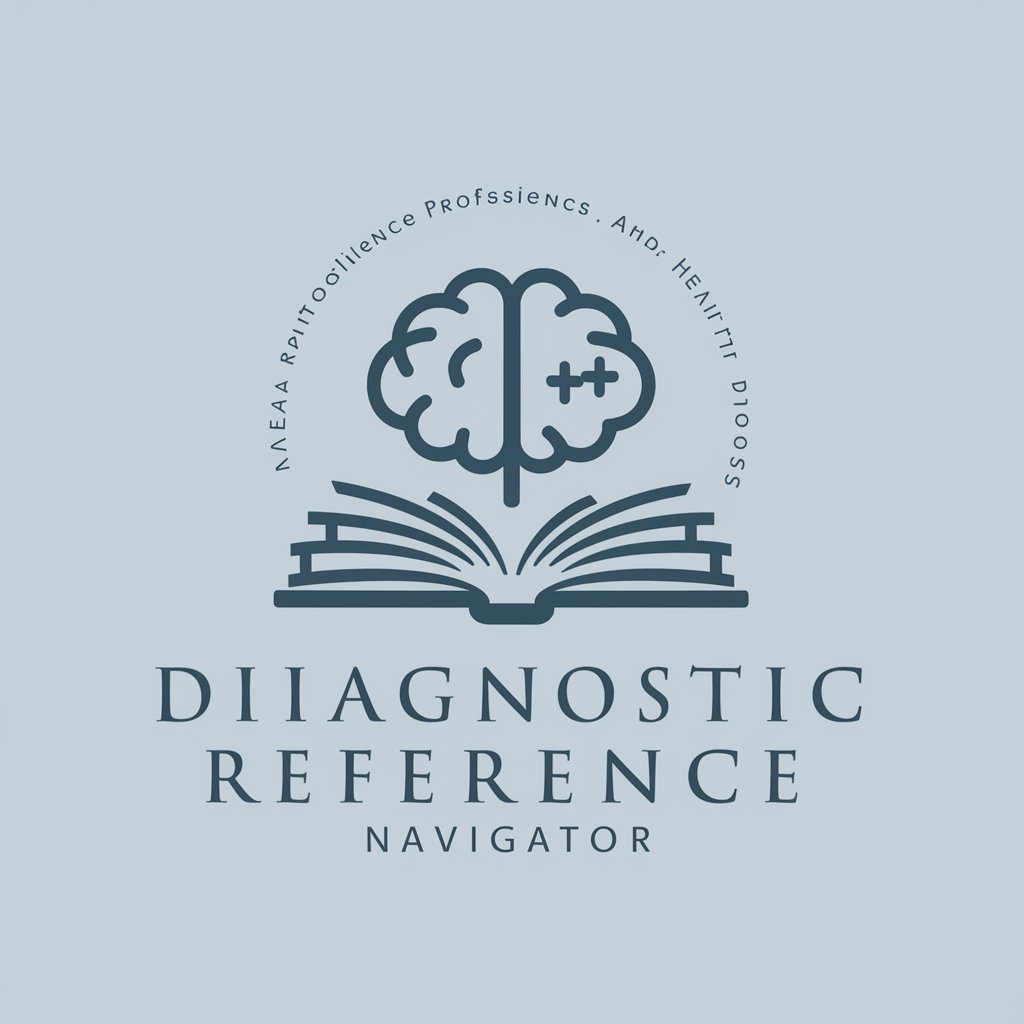
PsyItemGenerator
Crafting Precision in Psychometrics with AI
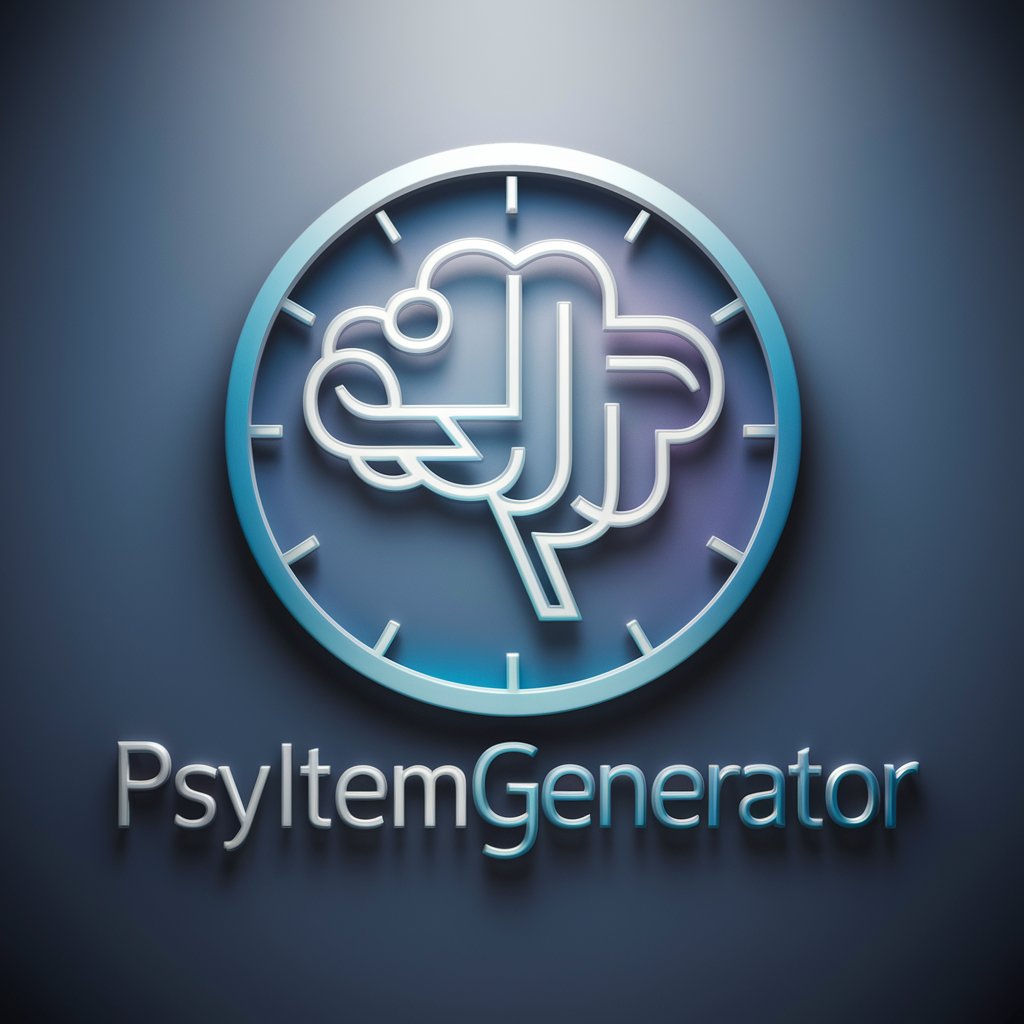
BilanKinéAssist
Streamlining Physiotherapy Documentation
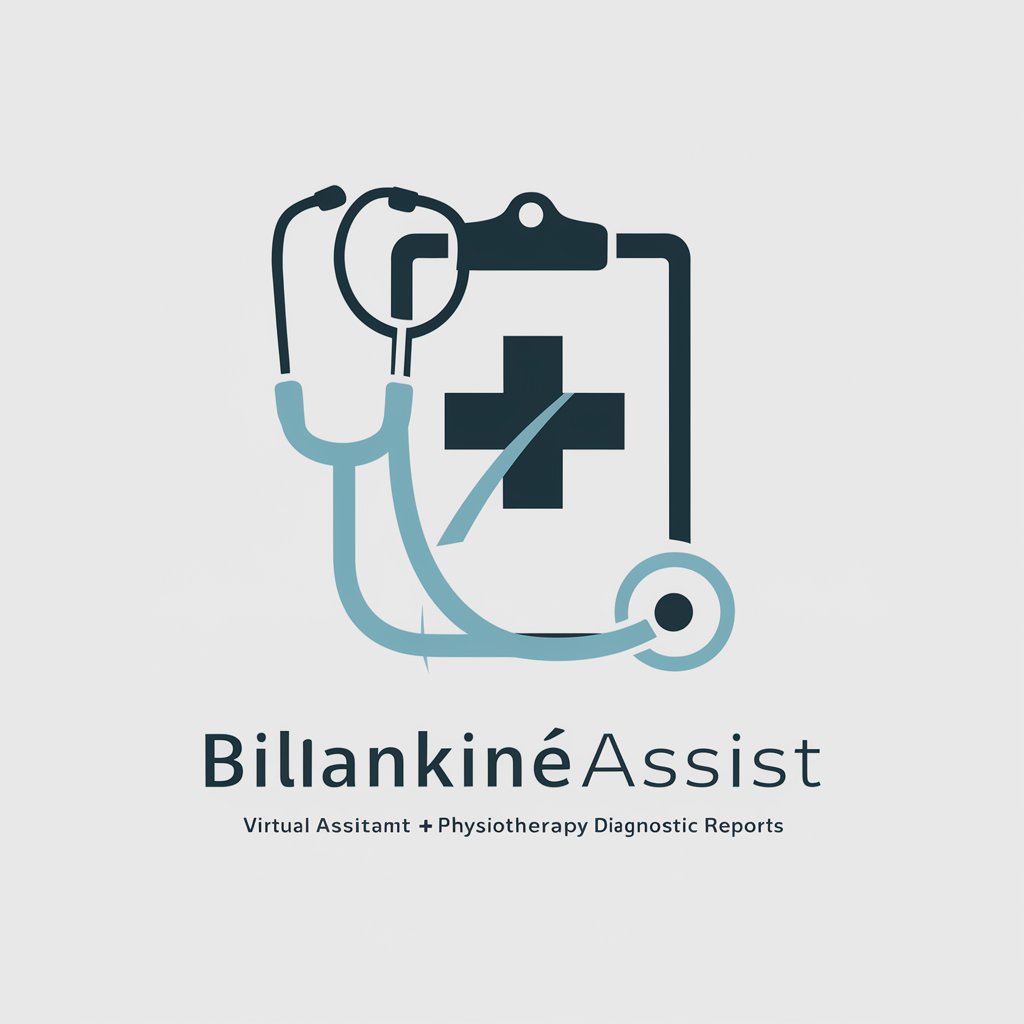
Behavior Buddy: Assessments
Empowering behavior analysis with AI
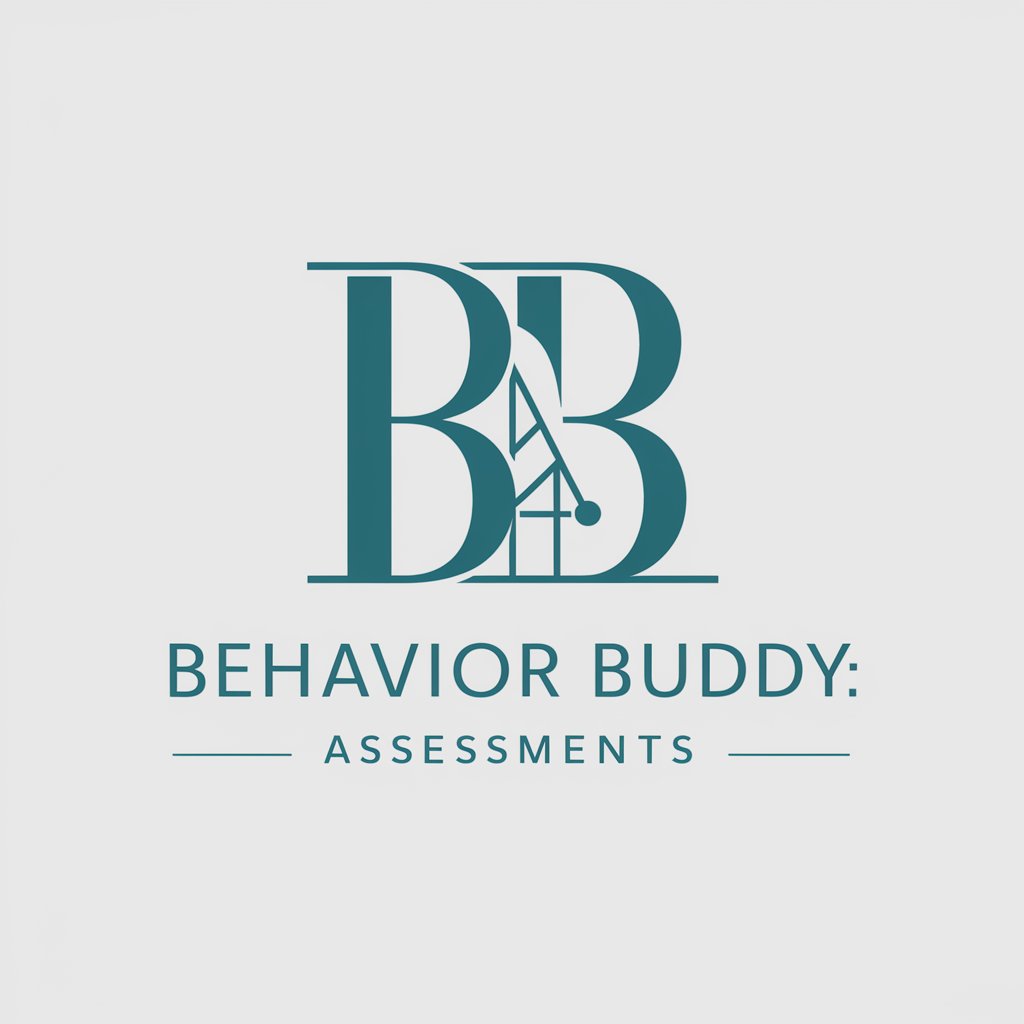
DSM-5 Research Assistant for Psychologists
Empowering Psychologists with AI-Powered DSM-5 Insights
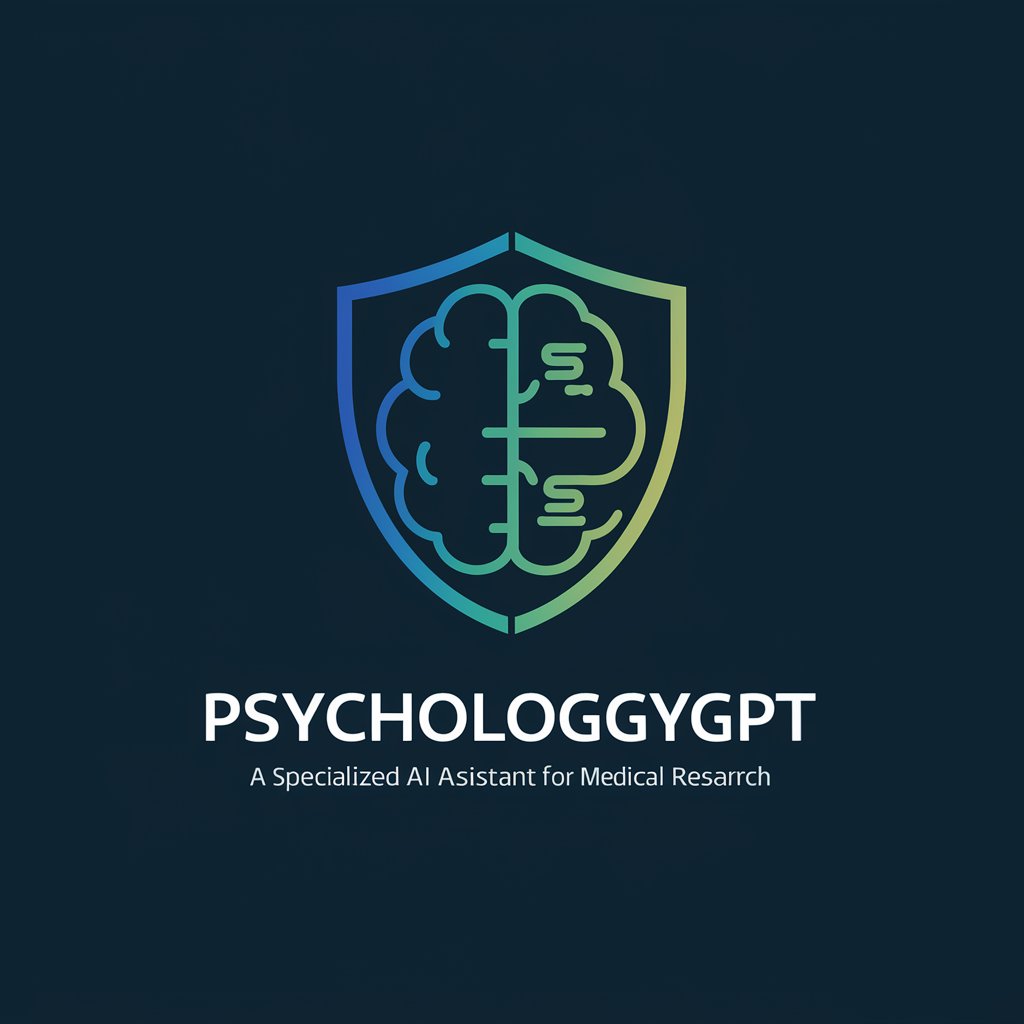
Interactive Patient Assessment Forms
Empowering Health with AI-Driven Assessments

Informes TL Plus
Enhancing language therapy with AI-powered insights.
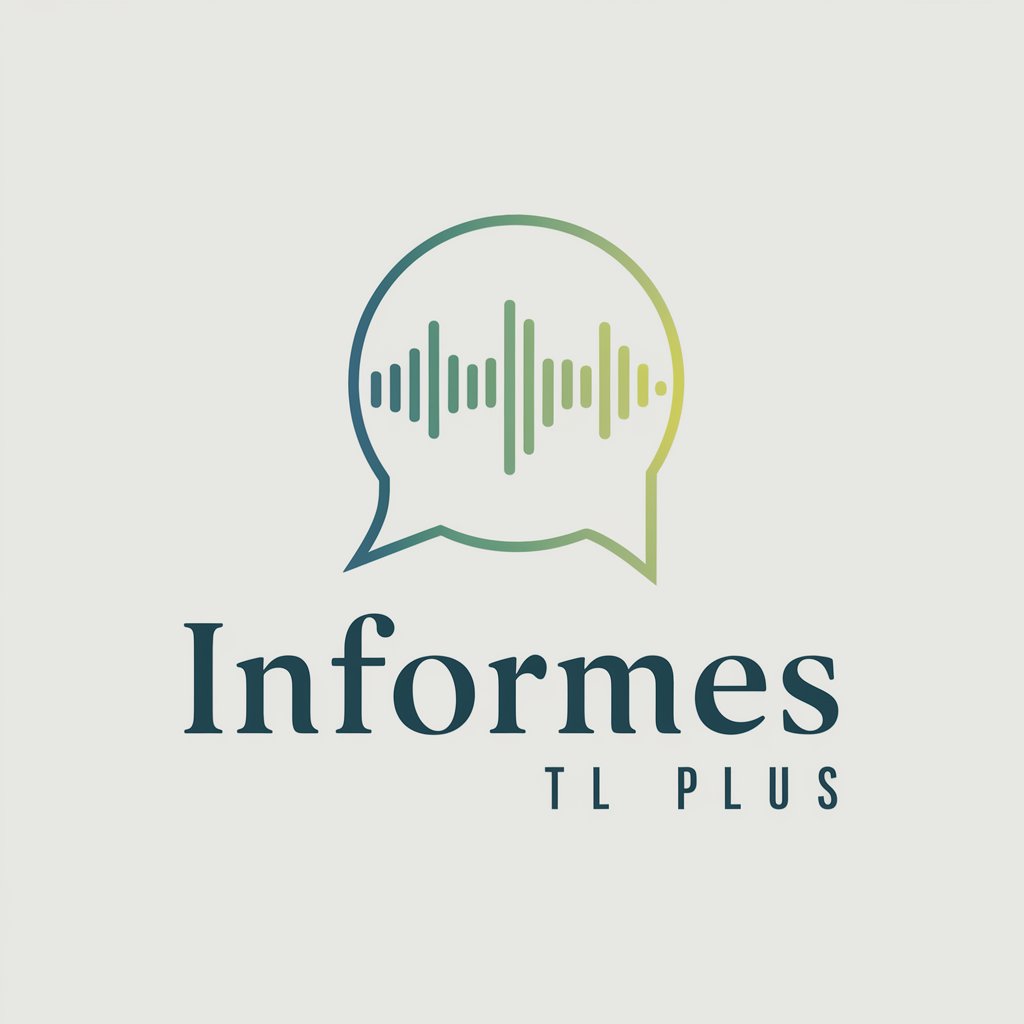
Asistente para Psicólogos Clínicos
Empowering Psychologists with AI
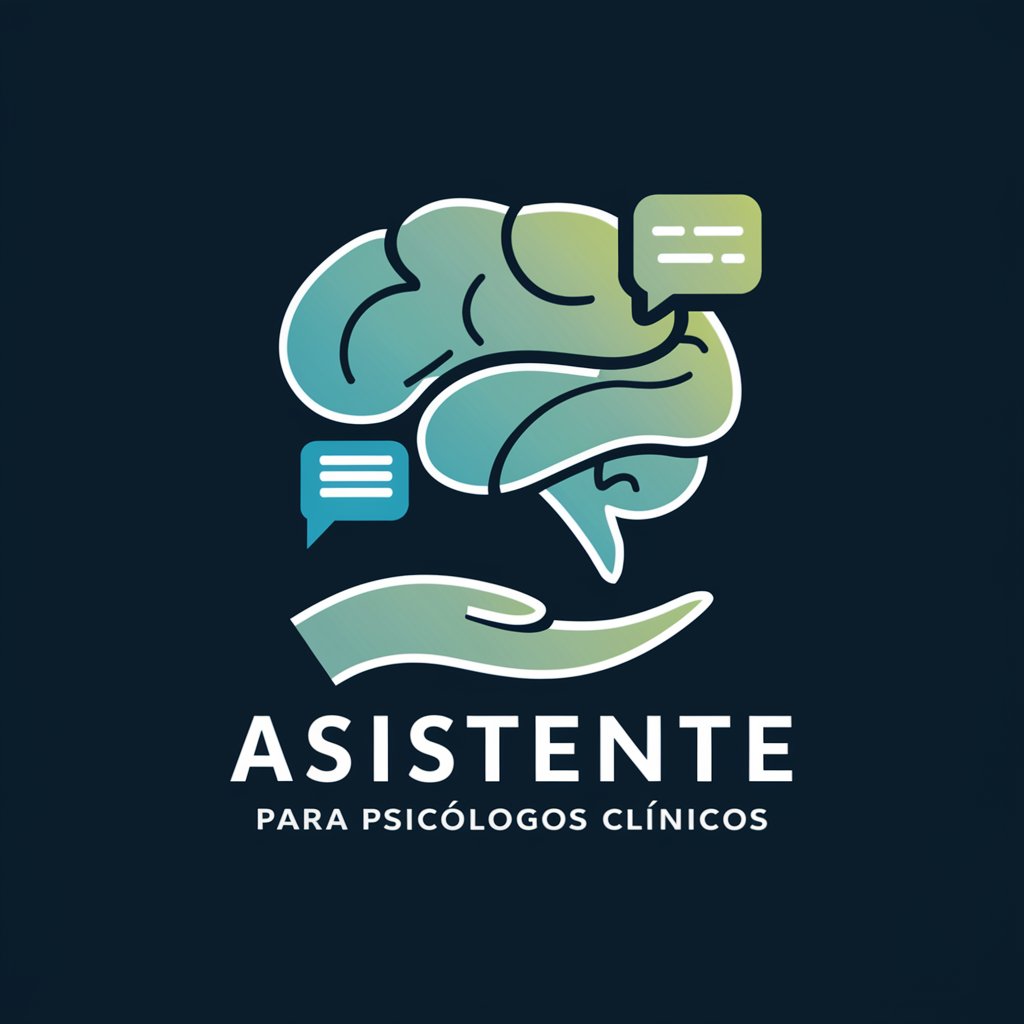
Analista 16 PF
Deciphering Personality with AI
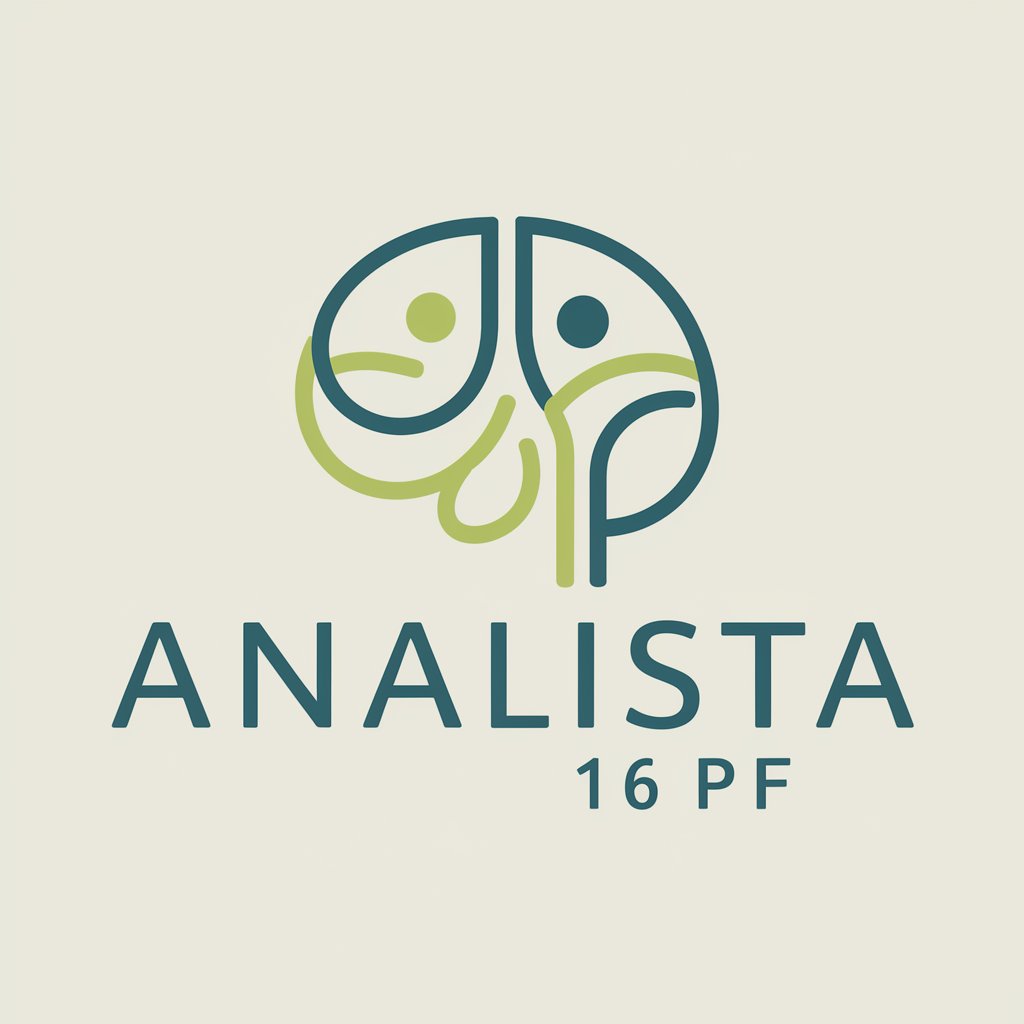
Skin Analyst
Revolutionizing Skincare with AI
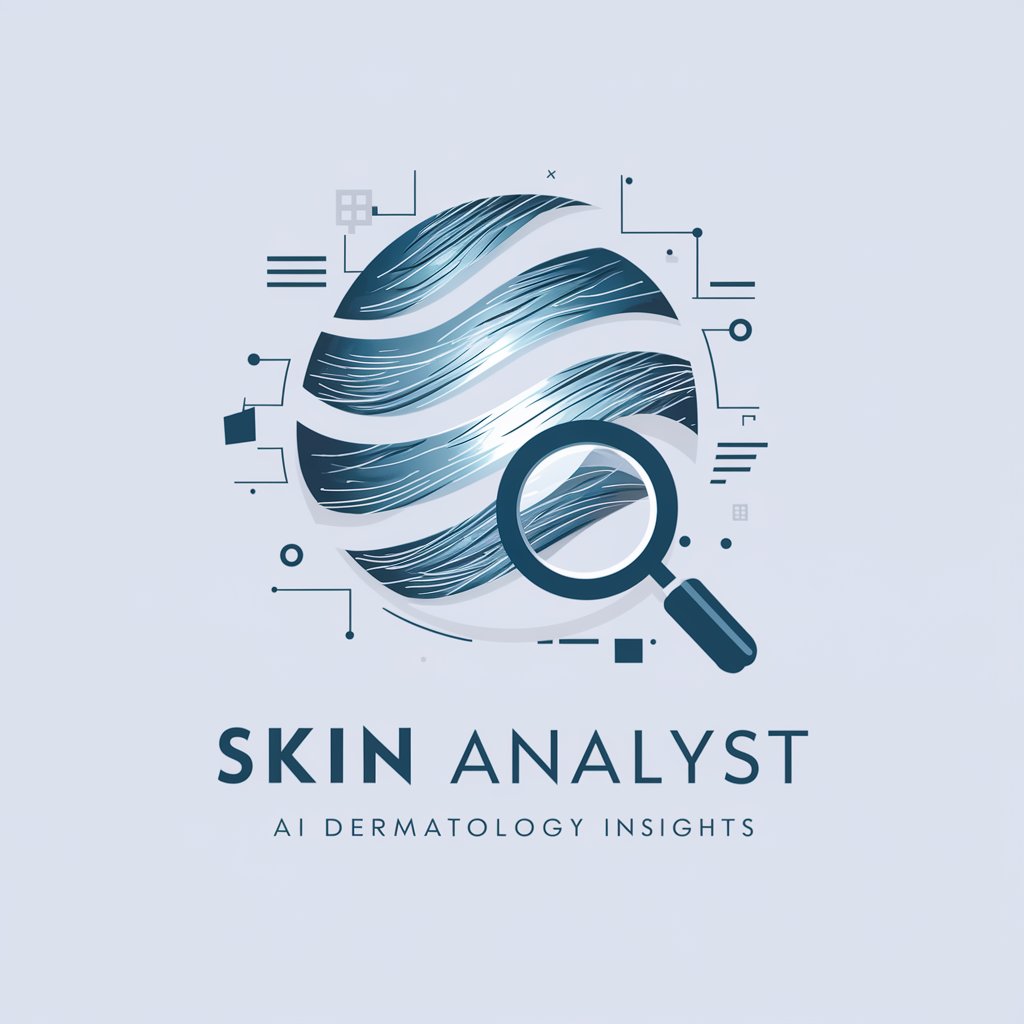
Informe de psicología GRATIS.
Transforming Data into Psychological Insights
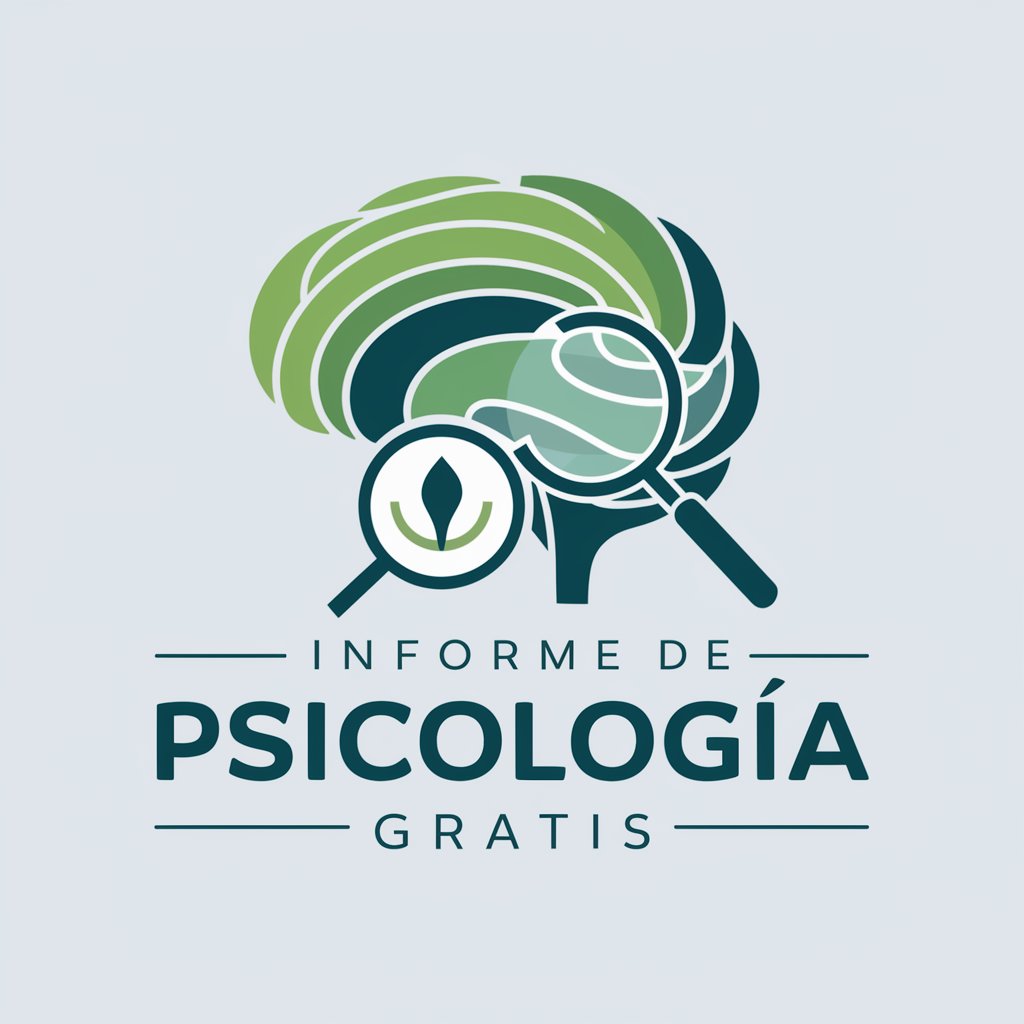
김지희 - 서울대 조울증(양극성장애) 치료 센터 13년차 원장
Empowering recovery, powered by AI

Key Attributes and Capabilities
AI GPTs designed for Clinical Assessment boast several distinctive features that set them apart. These include their adaptability to various clinical contexts, from simple symptom checking to complex diagnostic support. They are capable of processing and interpreting medical literature, patient histories, and clinical guidelines. Special features might encompass advanced language understanding for patient interaction, technical support for integrating with healthcare systems, web searching for the latest clinical studies, image analysis for diagnostic purposes, and data analytics for patient outcome predictions.
Who Stands to Benefit
The primary beneficiaries of AI GPTs in Clinical Assessment include healthcare professionals, medical researchers, and clinical decision-makers. They are also invaluable to medical students and educators for training purposes. For individuals without programming skills, these tools offer user-friendly interfaces and straightforward functionalities. Conversely, developers and technologically savvy users can utilize programming interfaces to customize and extend the tools for specific clinical applications or research projects.
Try Our other AI GPTs tools for Free
Loan Analysis
Discover how AI GPTs revolutionize Loan Analysis with accurate, efficient, and customizable AI-driven tools, designed for both novices and professionals in finance.
Standard Alignment
Discover AI GPT tools for Standard Alignment, designed to ensure precision and efficiency in adhering to industry standards. Ideal for professionals and novices alike.
Care Diaries
Discover how AI GPTs for Care Diaries revolutionize caregiving through detailed record-keeping, insightful data analysis, and personalized care solutions.
Elderly Support
Discover how AI GPTs for Elderly Support are revolutionizing senior care with tailored, accessible technology solutions designed to enhance quality of life.
Care Levels
Explore how AI GPTs for Care Levels revolutionize healthcare by offering personalized, data-driven support and solutions tailored to both caregivers and patients.
Care Navigation
Discover how AI GPTs are transforming Care Navigation with personalized guidance, seamless integration, and enhanced care coordination for patients and healthcare professionals.
Further Exploration and Integration
AI GPTs in Clinical Assessment offer versatile, customizable solutions across various healthcare sectors, providing a bridge between cutting-edge AI technology and clinical practice. These tools are designed with user-friendly interfaces, making them accessible to a broad audience, and can be seamlessly integrated into existing healthcare systems, enhancing efficiency and patient care quality. Their adaptability and the continuous improvement of their algorithms mean they can evolve with the healthcare field, addressing emerging challenges and leveraging new insights.
Frequently Asked Questions
What exactly are AI GPTs for Clinical Assessment?
AI GPTs for Clinical Assessment are artificial intelligence tools based on Generative Pre-trained Transformer technology, designed to assist in various aspects of healthcare, including diagnostics, treatment planning, and patient care, through the analysis and understanding of clinical data.
How can these tools improve clinical assessments?
These tools can enhance clinical assessments by providing accurate data analysis, offering diagnostic suggestions, and facilitating treatment planning based on vast amounts of medical literature and patient data, thereby supporting healthcare professionals in making informed decisions.
Are AI GPTs for Clinical Assessment accessible to those without coding skills?
Yes, these tools are designed with user-friendly interfaces that allow healthcare professionals and others without coding expertise to utilize them effectively for clinical assessments and decision-making.
Can developers customize these AI GPT tools?
Absolutely. Developers can access APIs and programming interfaces to tailor the tools for specific clinical needs or integrate them into existing healthcare systems and workflows.
What makes AI GPTs suitable for Clinical Assessment?
Their ability to process and analyze vast quantities of data, understand and interpret medical language, and adapt to various clinical scenarios makes AI GPTs particularly suitable for clinical assessment and healthcare applications.
How do these tools stay updated with the latest medical research?
AI GPTs for Clinical Assessment can access and analyze the latest medical research and clinical guidelines through web searching capabilities, ensuring that the assessments and recommendations are based on the most current information.
Can AI GPTs analyze medical images?
Some AI GPTs are equipped with image analysis capabilities, allowing them to assist in diagnosing diseases from medical images such as X-rays, MRIs, and CT scans.
How do AI GPTs ensure data privacy and security in clinical settings?
AI GPTs designed for clinical use are developed with stringent data privacy and security measures in place, complying with healthcare regulations such as HIPAA in the U.S., to protect patient information and ensure confidentiality.